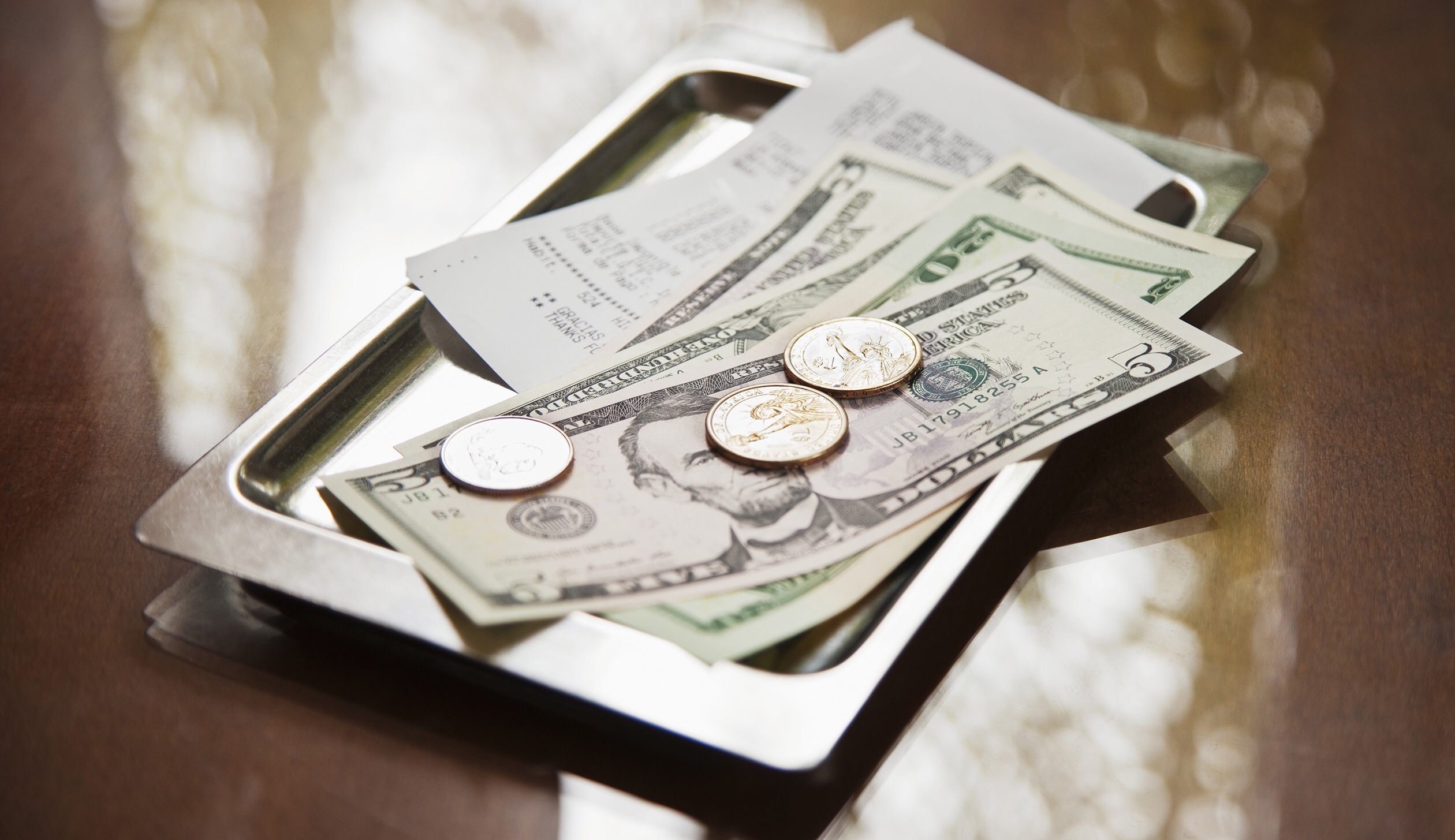An ornery guest who dined at one of my tables recently sent a surly email to the restaurant when she noticed after the fact that a market price item on her bill was more expensive than she expected. She claimed in her email that the server (me) had neglected to inform tell her price of the dish and, therefore, felt entitled to some form of reparation.
When the management team approached me with her grievance, I assured them with absolute certainty that I did quote the price. The trouble was that the woman complaining wasn’t the person who ordered the market price item. Her husband did, and she may not have overheard our conversation about the price. Our staff is always careful with market price items to avoid sticker shock. I distinctly remember reviewing the market prices for all the dishes on the menu when he inquired about the dish he eventually ordered.
It’s not unusual in the service industry for customers to contact the restaurant with improbable stories about the staff’s incompetence. Sadly, those calls vastly outnumber the ones that lavish praise. When guests have a dispute, management handles them with kid gloves. Defending the staff only fans the flames, so we use whatever tools we have at our disposal to put out the fire, even when we suspect them of arson.

For management, defending employees against guest complaints is a Catch 22. Even when we know we’re right, It feels inhospitable to prioritize our version of the events over theirs. In cases like these, it comes down to he said/she said and it’s a usually a no-win situation for the restaurant. When diffusing guest complaints, we always take the path of least resistance. There’s an old adage that a happy guest will tell five of their friends but an unhappy one will tell one hundred.
After she continued insisting that I had neglected to quote the price, the restaurant folded its hand. In her subsequent emails, she claimed to have spoken with her husband and he didn’t recall my telling him the price. It may be true that he didn’t remember but that doesn’t mean I never told him. In the end, much to my chagrin, management refunded her the full price of the dish. But I wasn’t the slightest bit surprised.
The restaurant business is all about giving pleasure and sometimes we have to swallow our pride to give our guests the pleasure of being right.
But, in doing so, we also set a perilous precedent that invites buyer’s remorse as long people plead their case with conviction. Reinforcing guests’ behavior in this way can extend to other scenarios where recompense is expected: Sending back food they’ve eaten but claim they didn’t like, deciding halfway through a bottle of wine that the wine is off or complaining after the meal that a server manipulated them into ordering more food than they needed. Servers are trained to preempt these maneuvers, but it’s impossible to eliminate them altogether.
When conflicts with guests arise, restaurants focus on damage control regardless whether there is any merit to the complaint. With the power that social media platforms give individuals to spread misinformation, our alleged crimes never go to trial. One spiteful guest can permanently scar a restaurant’s reputation and that forces restaurateurs run their businesses from a place of fear. The result is that the industry has inadvertently empowered dissatisfied guests to exploit our fecklessness to get their way. That’s what happens when saying yes is the only acceptable answer.



